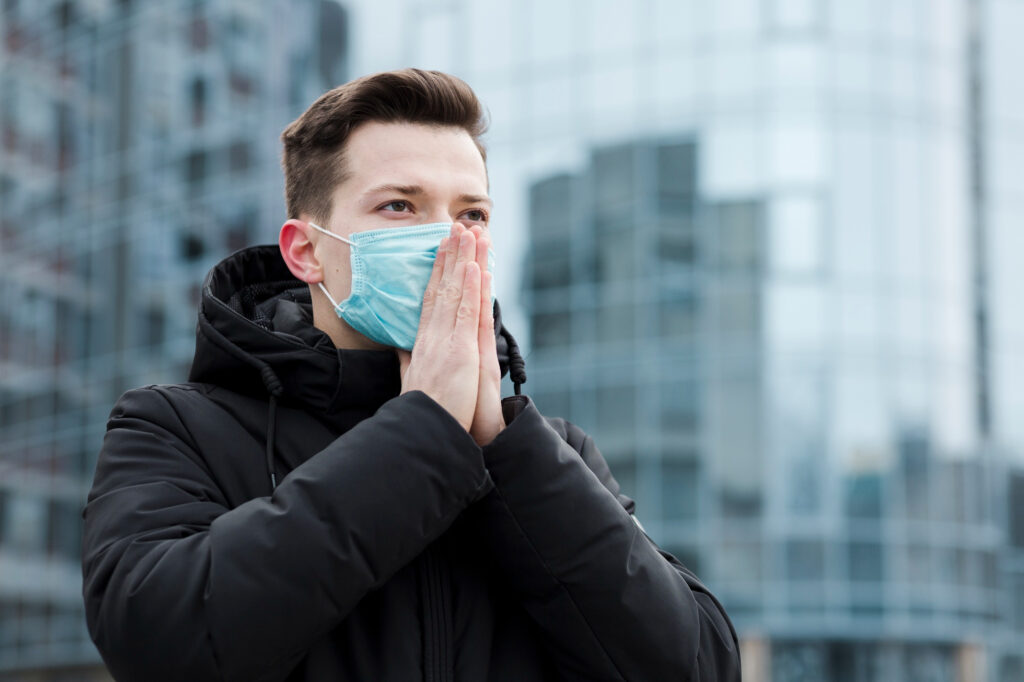Because Covid-19 is a novel virus, very little direct research is currently available about its development. However, this is not the first time a new respiratory illness has hit the headlines and studies on similar illnesses may provide valuable insight. Scientists have previously highlighted the importance of nasal breathing in preventing the spread of infections, indicating that where facemasks fail, the nose may provide a natural filter for dangerous pathogens.
Coronavirus has a higher viral load than the common flu, meaning it is far more likely to spread if you come in contact with an infected person. Additionally, the flu attacks your immune system, while the Coronavirus attacks a specific cell called type 2 pneumocyte. This one cell is responsible for secreting a molecule called Surfactant . Surfactant facilitates oxygen transport to the blood, and prevents lung collapse, which is why the Coronavirus has been so deadly.
Nitric Oxide (NO)
Nitric Oxide or (NO) is a naturally forming molecule produced in the paranasal sinuses. It’s antiviral properties help defend you from illnesses like the Coronavirus. Nasal breathing only enhances these properties.
Furthermore, NO helps produce surfactant, the molecule responsible for keeping your lungs healthy. To increase the amount of NO in your body, try humming with your mouth closed and the tongue up on the palate and/or try breathholding. Both have been shown to drastically increase the amount of Nitric Oxide circulating in your body.


The virus travels from person to person through tiny droplets of bodily fluid like saliva or mucus. When someone sneezes or coughs the virus disperses through the air and can stay in the air for up to 10 minutes. If someone comes within direct contact or touches a contaminated surface they could become infected. The virus is highly contagious and, because it is new, your immune system has not had the time to become accustomed to it.
Contact us to make an appointment with one of our clinicians today.
References: